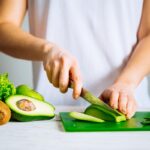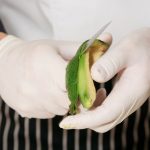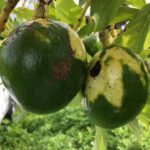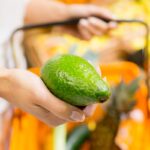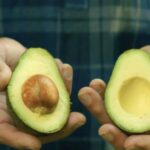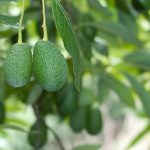Peruvian avocado growth projections drop to “virtually 0%”

The Peruvian avocado industry estimates a 0% growth year-on-year this 2023, with the sector revising its projections down from an 8% increase in late June.
This comes as the country continues to struggle with climate conditions hindering production volumes, affecting exports. Additionally, the shadow of El Niño setting in before the end of the year could further stall harvests.

Juan Carlos Paredes.
Juan Carlos Paredes, president of Peru’s Hass Avocado Producers Association (Prohass), tells FreshFruitportal.com that the organization expects to barely reach last year’s volumes.
The Peruvian agriculture sector has shown tremendous growth in recent years, becoming the world's top table grape exporter in 2023 and maintaining its position as the lead supplier of blueberries globally.
For avocados, “the initial projection was for a 14% growth at the end of February, then due to the heat attributable to a potential El Niño phenomenon we dropped to 8% but this last week with the update from large exporters on the central coast, I believe we will have 0% growth,” Paredes says.
Related articles: Peruvian Hass avocados to debut in Malaysia
As for destination markets, the executive explains that the U.S. was well supplied thanks to the Mexican deal during the first six months of the year, but that they expected to have an opening during the counter-season.
However, this wasn’t the case. Paredes notes that, while U.S. demand has risen this year, it still didn’t allow much movement for Peruvian avocados.
“This year the projection was to reach the U.S. with growth, but we are going to match last year's performance,” he adds.
Europe accounts for roughly 70% of Peru’s shipments, a figure that could lead to an oversupply in said market, dropping prices.
“In the first half of the year we had five weeks with more than 700 containers arriving in Europe. And as an obvious effect it brought the price down a lot,” Paredes points out.
Fruit size and overall quality was also impacted by this year’s higher temperatures.
Paredes explains that, even during the night, temperatures were at least 39°F higher than average, causing plants to “overwork” and not be able to successfully convert what they photosynthesize during the day into sugars.
This resulted in smaller, less ripe fruit that dropped prematurely.
“In Europe we have a reputation of excellent quality every year, with our partners accustomed to receiving Hass avocado that was completely ripe in three days. This year it has not been like that, it has taken six to ten days to ripen,” he says.
Paredes says that ProHass is working with local and smaller growers to provide technical advice and support.
















